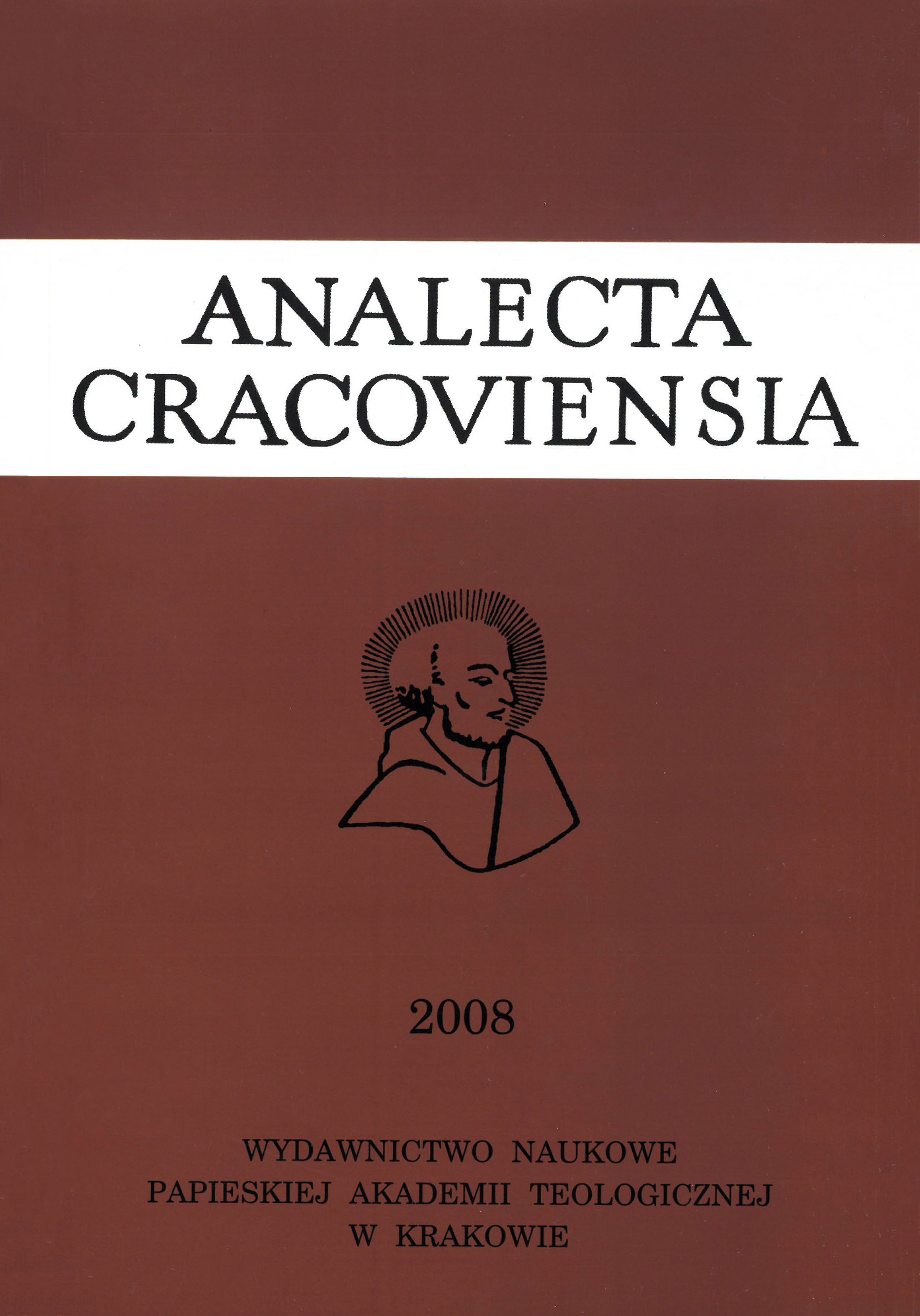Schyłek kanonii akademickich w krakowskiej Kapitule katedralnej?
DOI:
https://doi.org/10.15633/acr.4025Abstract
The Jagiellonian restoration of the University of Cracow, founded in 1364, took place in 1400. Besides the legacy of Queen Hedwig and King Wladysław Jagiełło, Piotr Wysz, the Bishop of Cracow, donated to the University two canonries in the Wawel Cathedral Chapter. Since then, the University nominated candidates to these offices thus providing them with the necessary financial support. They were called the academic canonries and the designated professors – the academic canons. Even during the time when the nobility usurped the exclusive right to nominate canons, two seats in the Chapter were always reserved for the University. The Senate of the University presented the candidates to the canonries for more than 500 years. The article deals with the academic canonries after 1945, especially in the time of the communist regime. The Senate of the Jagiellonian University exercised its law to nominate the canons for the last time in 1951. In 1954, the communist authorities removed the 550 years old Department of Theology from the University. The Author discusses the initiatives, in particular those of Cardinal Karol Wojtyła, aiming to maintain the principle that the Department of Theology be represented in the Cathedral Chapter by two of its professors.
Downloads
Published
Issue
Section
License
Copyright (c) 2022 Jacek Urban

This work is licensed under a Creative Commons Attribution-NonCommercial-NoDerivatives 3.0 Unported License.
Authors who publish with this journal agree to the following terms:
- Authors retain the copyright and full publishing rights without restrictions, and grant the journal right of first publication with the work simultaneously licensed under a Creative Commons Attribution 4.0 International License that allows others to share the work with an acknowledgement of the work's authorship and initial publication in this journal.
- Authors are able to enter into separate, additional contractual arrangements for the non-exclusive distribution of the journal's published version of the work (e.g., post it to an institutional repository or publish it in a book), with an acknowledgement of its initial publication in this journal.
- Authors are permitted and encouraged to post their work online (e.g., in institutional repositories or on their website) prior to and during the submission process, as it can lead to productive exchanges, as well as earlier and greater citation of published work (See The Effect of Open Access).

